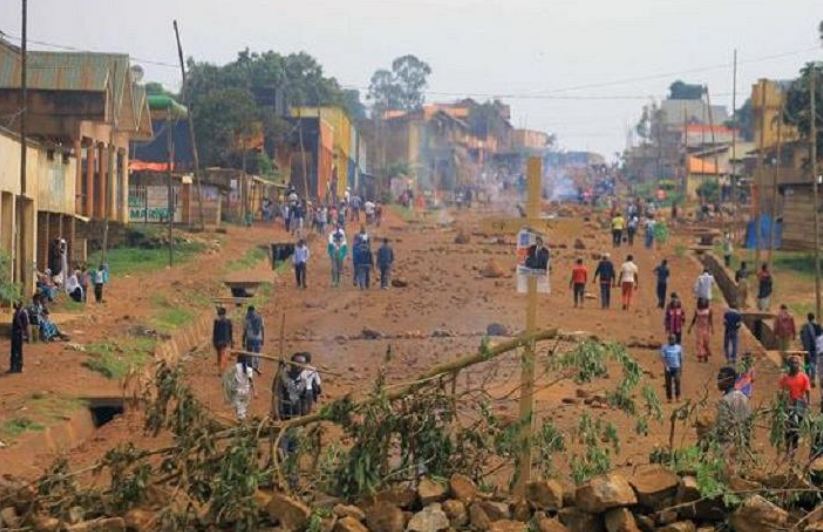DRC opposition protest flops
Published on January 21, 2019 at 4:39 PM by Face of Malawi
Martin Fayulu’s call for protest after the Democratic Republic of Congo’s (DRC) top court declaration of Felix Tshisikedi as president-elect on Sunday flopped according to media reports. Despite the confirmation of the court, the second-placed candidate declared himself winner and called for demonstrations; a call with little or no clout.
As supporters of Tshisekedi thronged the streets of Kinshasa in celebrations, runner-up Martin Fayulu said the ruling had opened the way to a “constitutional coup d’etat,” raising fears of more violence.
Unrest over last months delayed elections in the DRC, has already killed 34 people, wounded 59 and led to 241 “arbitrary arrests” in the past week, according to the U.N. human rights office.
In the early hours of Sunday, the Constitutional Court ruled that a legal challenge to the result filed by Fayulu was inadmissible. “Felix Tshisekedi will become the fifth president of the republic,” government spokesman Lambert Mende said as he welcomed the judgement.
Fayulu issued statements dismissing the ruling. “The constitutional court has just confirmed that it serves a dictatorial regime … by validating false results, (and enabling) a constitutional coup d’etat,” he said in one.
“I am now considering myself as the sole legitimate President of the Democratic Republic of Congo,” he added in another statement. He called for people to mount peaceful demonstrations across the country.
Fayulu says Tshisekedi and outgoing President Joseph Kabila made a deal to cheat him out of a more than 60-percent win – an accusation they both dismiss.
Accusations of cheating are not new to elections in Congo, which was ruled by kleptocratic dictator Mobutu Sese Seko for 32 years before tumbling into chaos and war in the late 1990s.
Congo’s vast interior is a vital source of copper and other metals, including cobalt, used in electric car batteries and mobile phones.
Source REUTERS



